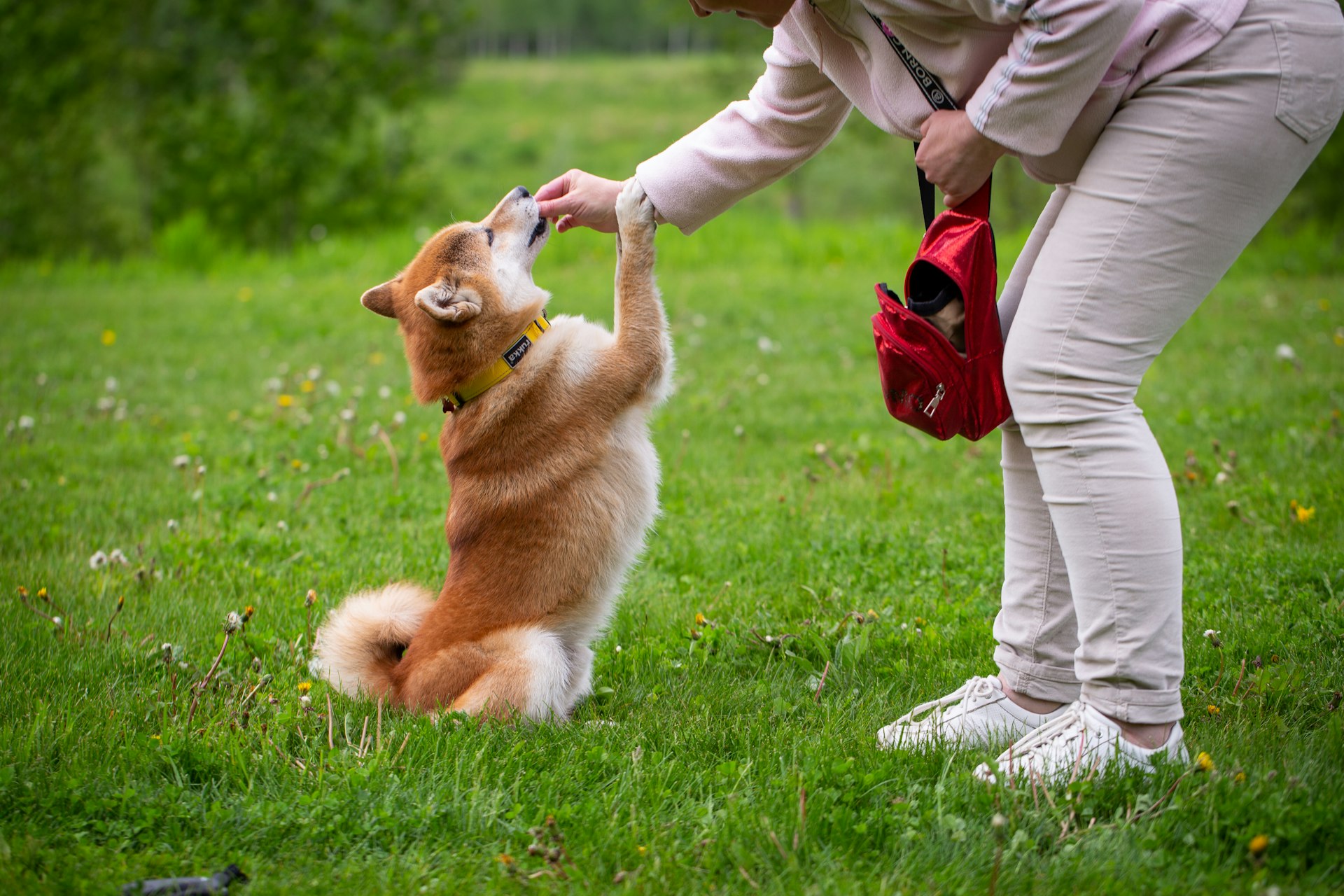Elevate Athletic Performance: Harnessing Mindfulness for Resilience and Competitive Success

Photo by Michał Parzuchowski on Unsplash
Introduction
In the high-stakes world of competitive sports, athletes seek every possible advantage to improve performance and maintain mental wellbeing. Mindfulness , the practice of cultivating present-moment awareness and acceptance, is emerging as a powerful tool in athletic training. Recent research demonstrates that mindfulness can significantly enhance athletic performance, build mental resilience, and reduce stress and injury rates among athletes of all levels [1] . This article explores the science behind mindfulness in sports, details its practical implementation, and provides comprehensive guidance for athletes and coaches seeking to incorporate mindfulness techniques into training routines.
Why Mindfulness Matters in Athletic Training
Mindfulness is more than a relaxation technique-it is a structured approach to training attention, emotional regulation, and self-awareness. Athletes who practice mindfulness report improved focus, reduced performance anxiety, and greater psychological flexibility [3] . Studies show that mindfulness enhances mental resilience , allowing athletes to recover quickly from setbacks and maintain composure under pressure [1] . These benefits extend beyond the playing field, supporting long-term wellbeing and preventing burnout [4] .

Photo by Andrew Heald on Unsplash
Scientific Evidence Supporting Mindfulness in Sports
Recent meta-analyses and randomized controlled trials (RCTs) highlight the measurable impact of mindfulness-based interventions (MBIs) on athletic outcomes. Research indicates that athletes who engage in mindfulness training experience:
- Improved subjective and objective performance, especially in game situations [2]
- Enhanced ability to enter a state of flow , where optimal performance is achieved [3]
- Reduced stress, anxiety, and risk of burnout [4]
- Greater psychological flexibility and emotional intelligence [1]
For example, a 2025 study published in
Frontiers in Psychology
found that mindfulness techniques such as awareness, nonjudgmental acceptance, and focused attention significantly increased mental resilience in 332 athletes. This resilience was directly linked to better athletic performance, with emotional intelligence serving as a key moderator
[1]
.
Practical Strategies for Integrating Mindfulness into Training
There are several pathways to incorporating mindfulness into athletic routines. Popular methods include:
- Mindfulness-Acceptance-Commitment (MAC) Training: Focuses on accepting thoughts and feelings without judgment, promoting commitment to performance goals [3] .
- Mindfulness-Based Stress Reduction (MBSR): Uses meditation, yoga, and relaxation techniques to reduce stress and improve focus [4] .
- Body Scan Meditations: Enhance awareness of bodily sensations and foster calmness during high-pressure moments [5] .
Implementation steps for athletes and coaches:
-
Start with Brief Sessions:
Incorporate 5-10 minutes of guided mindfulness practice before or after training. Resources for guided meditations can be found through reputable organizations such as the
Greater Good Science Center
at UC Berkeley. - Train Consistently: Schedule mindfulness sessions at regular intervals (e.g., 3-5 times per week) to build habit and reinforce skills.
- Integrate with Physical Warm-Ups: Pair mindfulness exercises with stretching or cool-down routines to create a holistic training experience.
- Monitor Progress: Keep a journal to track emotional and performance changes, noting how mindfulness affects focus, stress levels, and resilience.
-
Seek Professional Support:
Consult certified sports psychologists or mindfulness trainers for personalized guidance. You can locate qualified professionals through national associations such as the
Association for Applied Sport Psychology
(AASP).
For those unable to access professional guidance directly, many universities and sports organizations offer workshops, online courses, and resources. Search for “mindfulness-based intervention for athletes” or visit your national sports federation’s official website for program listings.
Real-World Examples and Case Studies
Elite athletes and teams are increasingly turning to mindfulness to gain a competitive edge. For instance, Olympic-level coaches have reported using mindfulness training to help athletes manage pre-competition nerves and recover from setbacks. In collegiate settings, student-athletes participating in body scan interventions demonstrated improvements in awareness, non-reactivity, and overall quality of life [5] . High school and elite soccer players engaging in regular mindfulness practice exhibited lower rates of acute injuries and greater pain tolerance [4] .
These examples illustrate the diverse benefits of mindfulness across different sports and competitive levels, from precision sports like archery and golf to high-impact team sports such as basketball and soccer.
Challenges and Solutions in Mindfulness Implementation
Despite its proven benefits, athletes and coaches may encounter obstacles when adopting mindfulness training:
- Initial Skepticism: Some athletes may doubt mindfulness’s effectiveness. Solution: Share scientific evidence and testimonials to build buy-in [2] .
- Difficulty Maintaining Consistency: Regular practice is needed to see results. Solution: Use reminders, group sessions, or app-based programs to encourage participation.
- Limited Access to Qualified Instructors: Not all regions have certified mindfulness trainers. Solution: Utilize online resources and virtual workshops from verified institutions.
- Performance Pressure: Athletes may prioritize physical training over mental skills. Solution: Integrate mindfulness seamlessly with existing routines and emphasize its role in injury prevention and recovery [4] .
Remember, mindfulness is a skill that develops over time. Progress may be gradual, but even brief interventions have shown measurable benefits.
Alternative Approaches and Additional Resources
Beyond traditional mindfulness training, athletes may benefit from complementary practices such as yoga, breathing exercises, and relaxation techniques. These methods can be tailored to individual preferences and incorporated into team or solo training. Many sports organizations and universities offer workshops or online modules. To access these services:
- Contact your local sports federation or athletic department and inquire about available mindfulness or mental skills training programs.
- Search for “mindfulness-based sports performance” or “athlete mental resilience” through reputable academic databases or national sports associations.
- Consult your primary healthcare provider or sports medicine specialist for recommendations on mental health and injury prevention resources.
For those seeking structured programs, consider looking for Mindfulness-Based Stress Reduction (MBSR) courses or Mindfulness-Acceptance-Commitment (MAC) workshops listed through established organizations such as the
Center for Mindfulness
at the University of Massachusetts Medical School.
Key Takeaways
Integrating mindfulness into athletic training offers a proven pathway to enhanced performance, resilience, and wellbeing. The evidence supports its role in reducing stress, preventing injuries, and fostering the mental toughness required for success in competitive sports. By adopting mindfulness techniques-whether through guided practice, professional instruction, or self-led routines-athletes can unlock new levels of focus and adaptability.
Coaches and athletes are encouraged to explore verified resources, consult with qualified mental skills professionals, and commit to regular mindfulness practice as part of a comprehensive training regimen. Progress may be incremental, but the impact is enduring.
References
- [1] Frontiers in Psychology (2025). The mediating role of mental resilience and moderating effect of emotional intelligence in mindfulness techniques for athletes.
- [2] Intuition: The BYU Undergraduate Journal of Psychology (2018). The impact of mindfulness training on competitive athletic performance.
- [3] National Institutes of Health PMC (2023). Effects of mindfulness-based interventions on promoting athletic performance and mental resilience.
- [4] National Institutes of Health PMC (2021). Use and perceptions of mindfulness practices among athletic trainers: Effects on stress, burnout, and injury rates.
- [5] Frontiers in Psychology (2025). The role of mindfulness in improving quality of life among student-athletes: A pilot mediation study.
MORE FROM lowcostbotox.com













